Blood of the Condor (1969)
ジャンル : 犯罪, ドラマ
上映時間 : 1時間 10分
演出 : Jorge Sanjinés
シノプシス
A community reacts against a group of foreigners who under the guise of development assistance are forcibly sterilizing the peasant women.
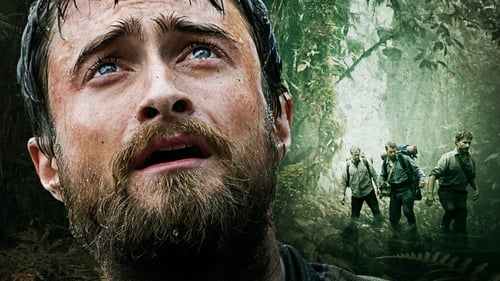
In 1981, an enthusiastic young adventurer follows his dreams into the Bolivian Amazon jungle with two friends and a guide with a mysterious past. Their journey quickly turns into a terrifying ordeal as the darkest elements of human nature and the deadliest threats of the wilderness lead to an all-out fight for survival.
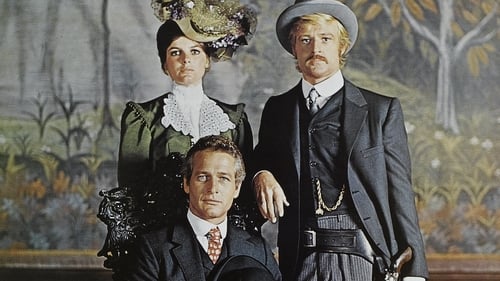
19世紀末の西部史に名高い、二人組の強盗ブッチとサンダンスの逃避行を、哀愁とユーモアをこめて描く。列車強盗としてならしたブッチとサンダンス。しかし、近代化に向かう時代に、彼らの生き方はあまりにも旧弊だった。新たな夢を求めて、二人は南米ボリビアへと旅立つが……。

In the Bolivian altiplano, Virginio and Sisa, an elderly Quechua couple who have lived a quiet life for years, face an impossible dilemma during an unusually long drought: resist or be defeated by the hostile environment and the relentless passage of time.
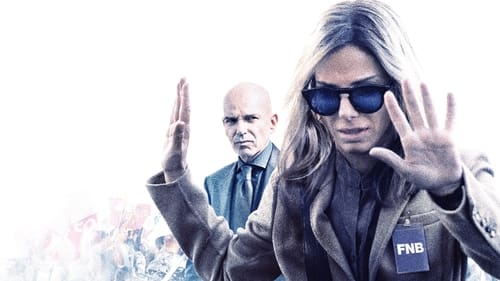
Based on the documentary "Our Brand Is Crisis", this feature focuses on the use of American political campaign strategies in South America.

'The Devil's Miner' tells the story of 14-year-old Basilio who worships the devil for protection while working in a Bolivian silver mine to support his family.

The story of an improbable friendship and a social comment on life in Bolivia in the eighties.

Young bootblack Tupah embarks on a frantic quest to find his uncle, Jacinto, lost in the Averno. In a dangerous journey through the underworld, myth and reality get endlessly intertwined and the death-loaded night in La Paz unveils the darkest and most surreal face of the imaginary of the Andes.

After being denied an American visa, a Bolivian professor becomes involved in a web of criminal activities, holds-up the American consulate and falls for a beautiful prostitute from the Bolivian lowlands.

A community reacts against a group of foreigners who under the guise of development assistance are forcibly sterilizing the peasant women.

Amá is a feature length documentary which tells an important and untold story: the abuses committed against Native American women by the United States Government during the 1960’s and 70’s: removed from their families and sent to boarding schools, forced relocation away from their traditional lands and involuntary sterilization. The result of nine years painstaking and sensitive work by filmmaker Lorna Tucker, the film features the testimony of many Native Americans, including three remarkable women who tell their stories - Jean Whitehorse, Yvonne Swan and Charon Aseytoyer - as well as a revealing and rare interview with Dr. Reimart Ravenholt whose population control ideas were the framework for some of the government policies directed at Native American women.

The massive scandal comes to light through a father's unwavering search for the truth behind the sudden death of his family.

Images of Argentinian companies and factories in the first light of day, seen from the inside of a car, while the director reads out documents in voiceover that reveals the collusion of the same concerns in the military dictatorship’s terror.

Women in Bondage is a 1943 World War II film about conditions for women under Hitler's regime. The plot involves two women imprisoned for speaking out against the government. It was directed by Steve Sekely and starred Gail Patrick and Nancy Kelly.
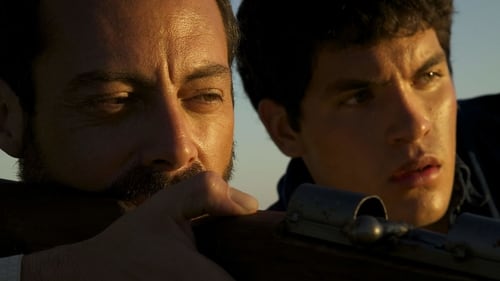
An introvert city teenager is sent to his father's limber ranch. While trying to figure out his place as the son of the boss he finds himself in a world packed with naturalized violence.

The film tells the story of a girl who arrives in the city with her young son and must take care of an old house where an elf lives. One day the child disappears mysteriously, which will motivate his mother to do the impossible to recover it.

A documentary centered on the union formed by Bolivian farmers in response to their government's (which was urged by the U.S.) effort eradicate coca crops, and the man who would come to represent them, Evo Morales.
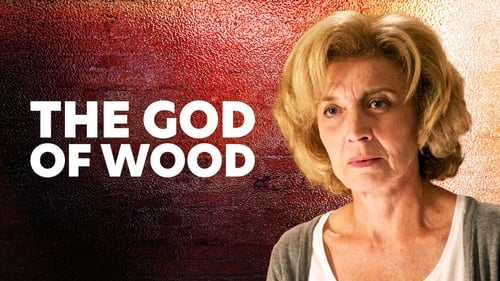
2006: Evo Morales, first indigenous President is elected in Bolivia after the 2003 dramatic events following the fall of the President Sanchez de Lozada (exiled in the U.S. since then). The socialist revolution enters in its crucial stage. But dealing with power carries a burden of temptations and pathologies. In four years of shooting between Bolivia and the US this film focus on the difficult path of this unique historical opportunity. The film ends with the recent TIPNIS dramatic indigenous protest which creates an historical circle.

His buildings are garish, colorful and completely overloaded. Columns and glittering chandeliers everywhere, and way too much of everything. The Bolivian civil engineer and architect Freddy Mamani Silvestre (*1971) builds houses in El Alto for a nouveau riche upper class of the Aymara, the largest indigenous ethnic group in Bolivia.

Documents the conflicts and tensions that arise between highland migrants and Mosetenes, members of an indigenous community in the Bolivian Amazon. It focuses particularly on a system of debt peonage known locally as ‘habilito’. This system is used throughout the Bolivian lowlands, and much of the rest of the Amazon basin, to secure labor in remote areas.

The story of a poor girl who leaves her starving family and sheep for a more prosperous village. Her grandfather finds her and tries to convince her to return to her home.



















